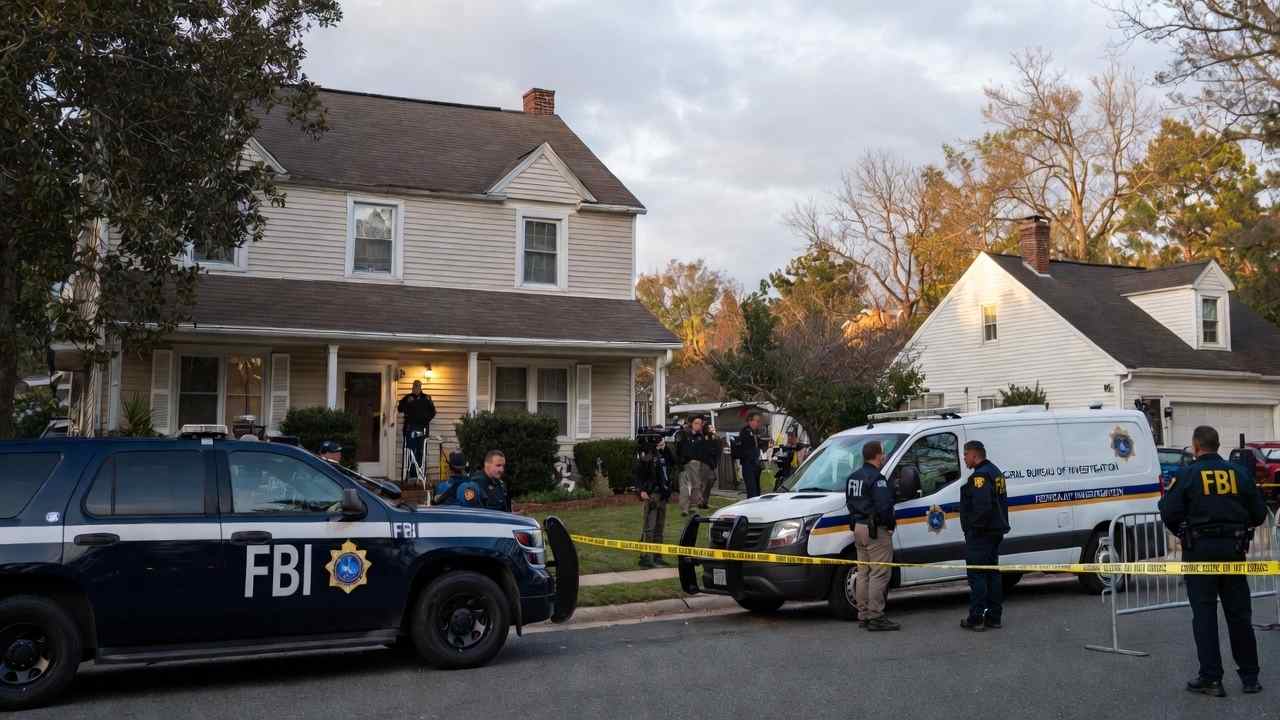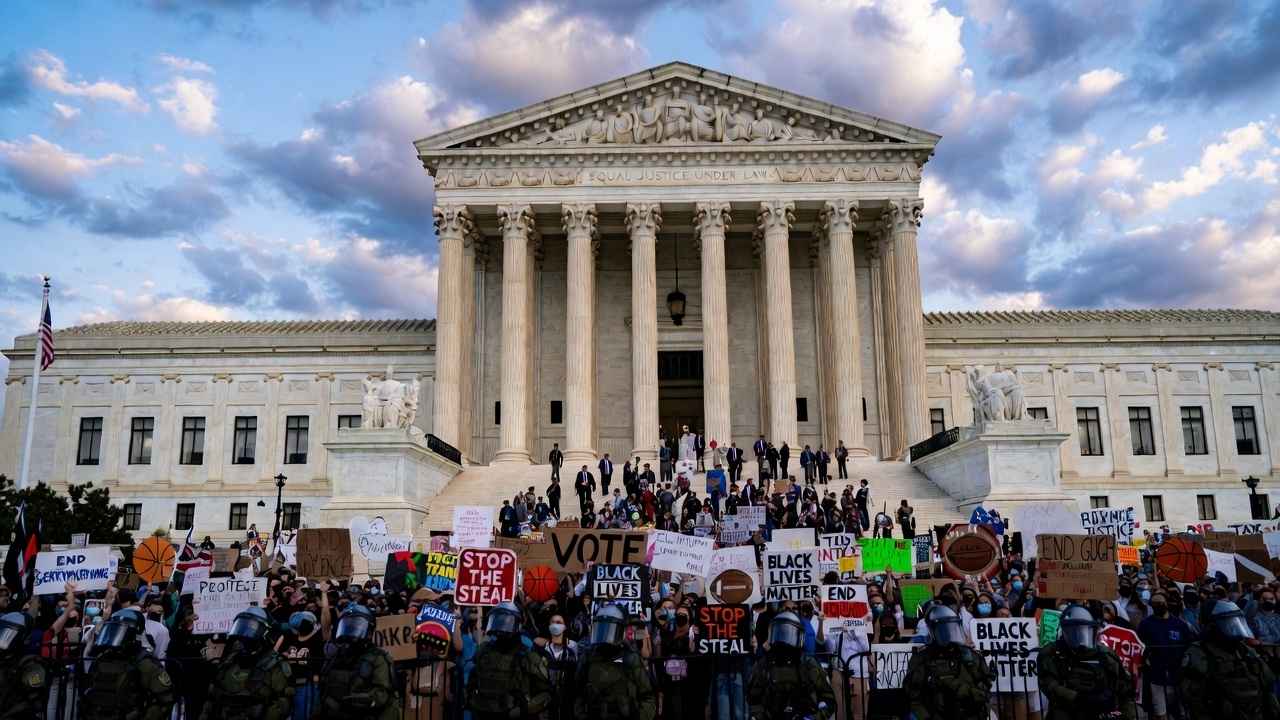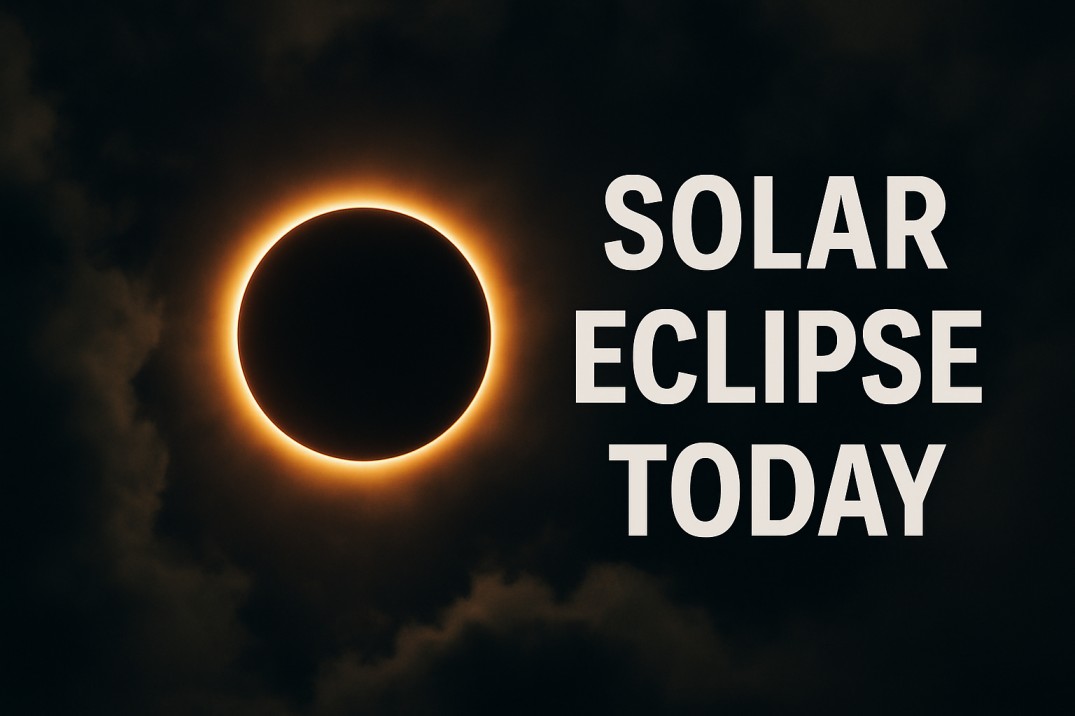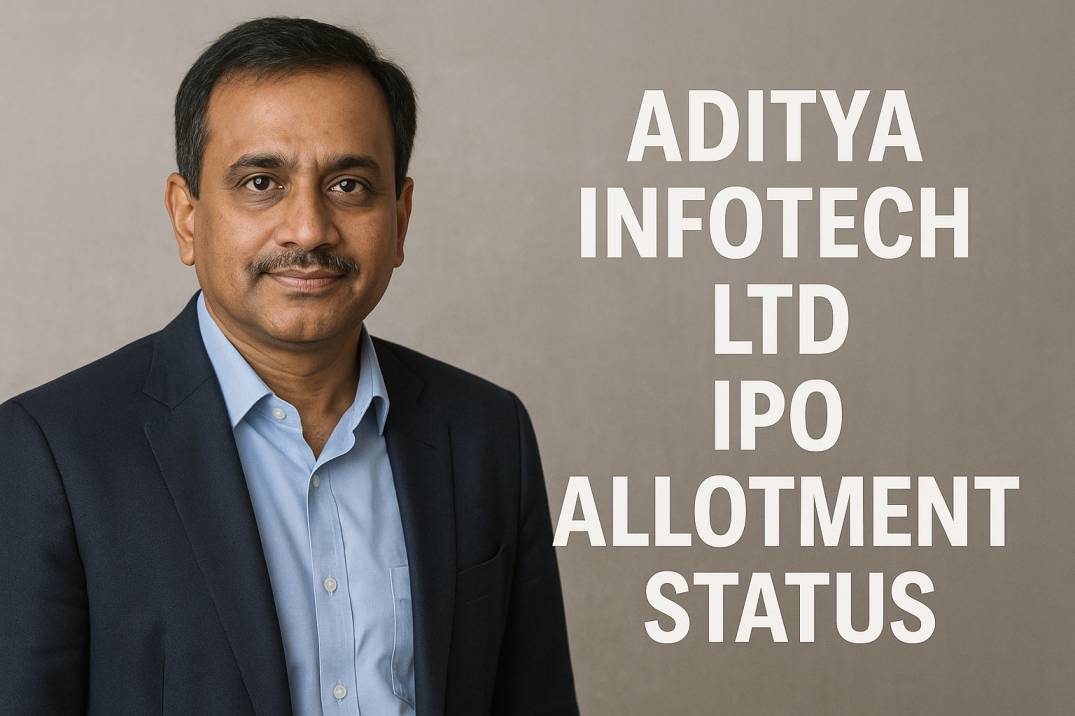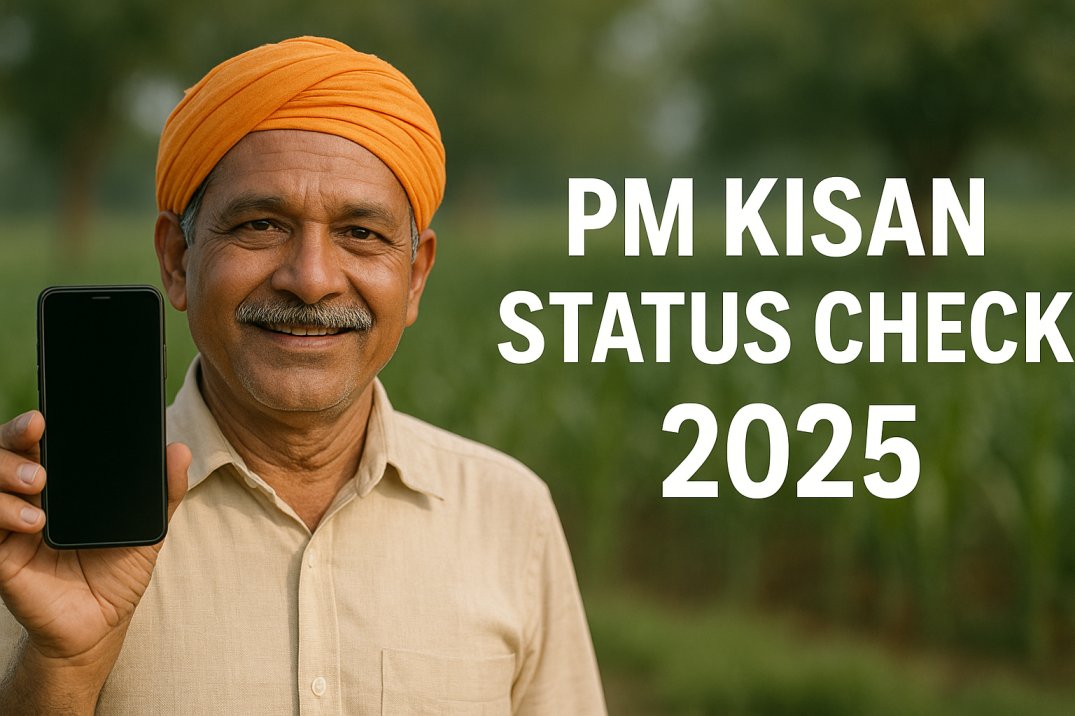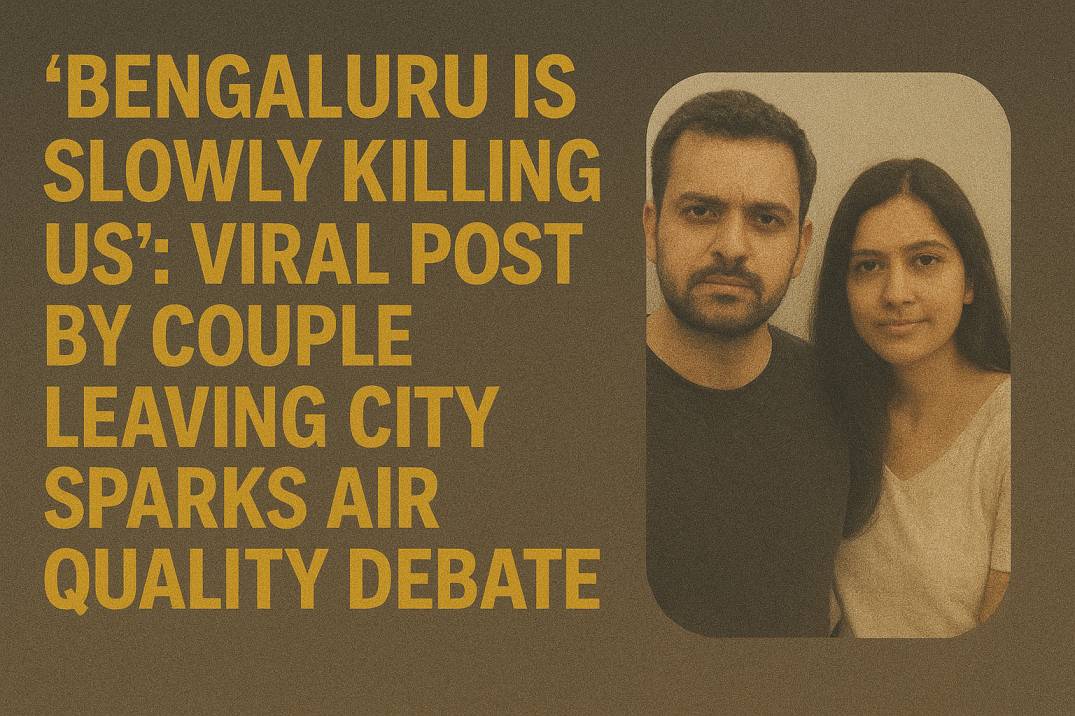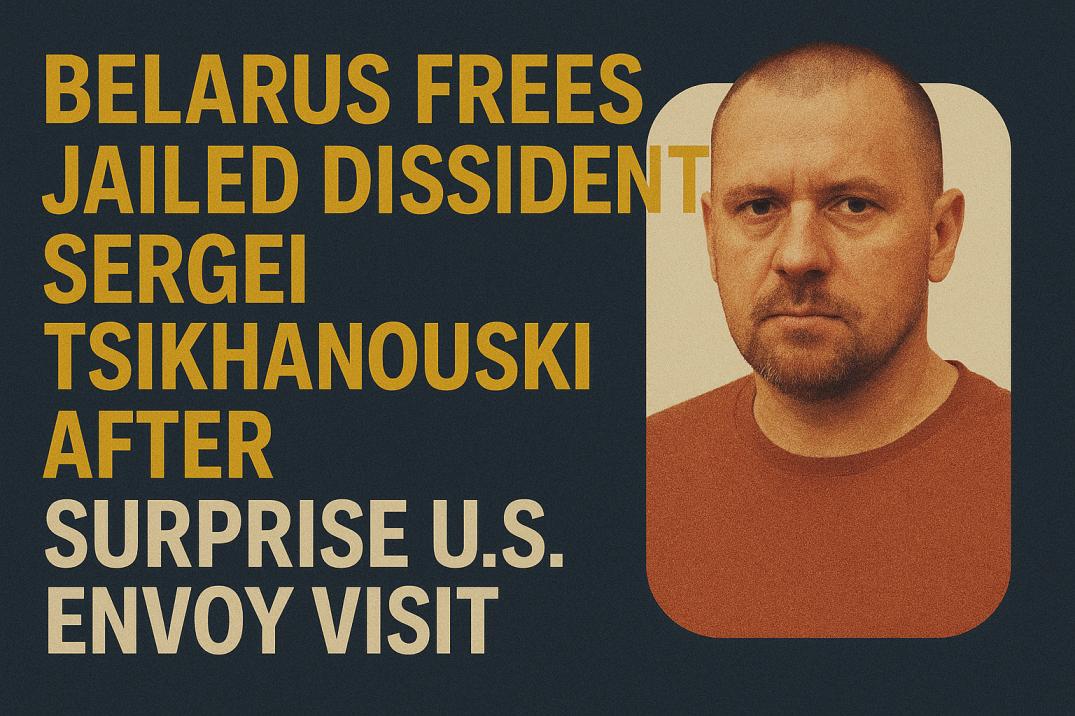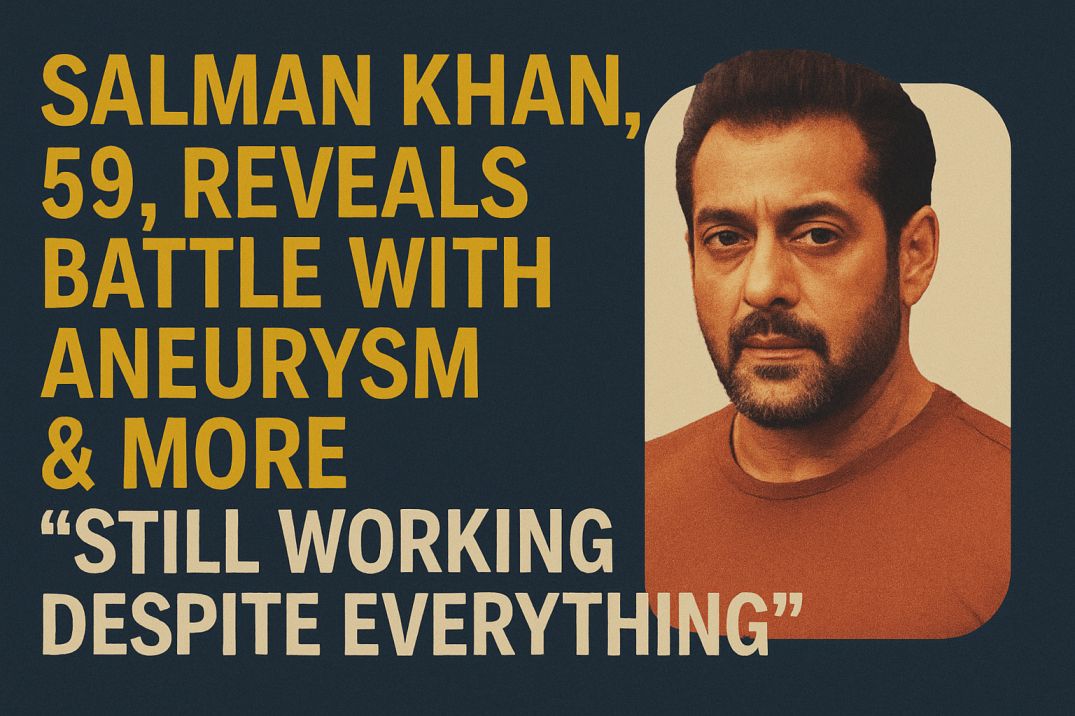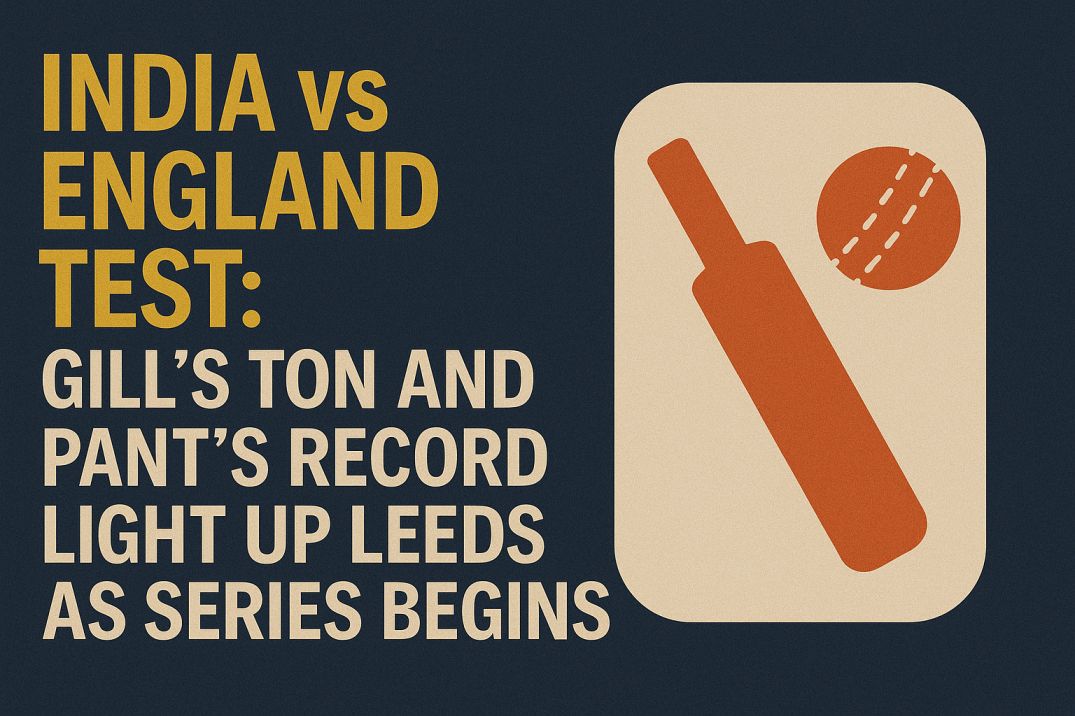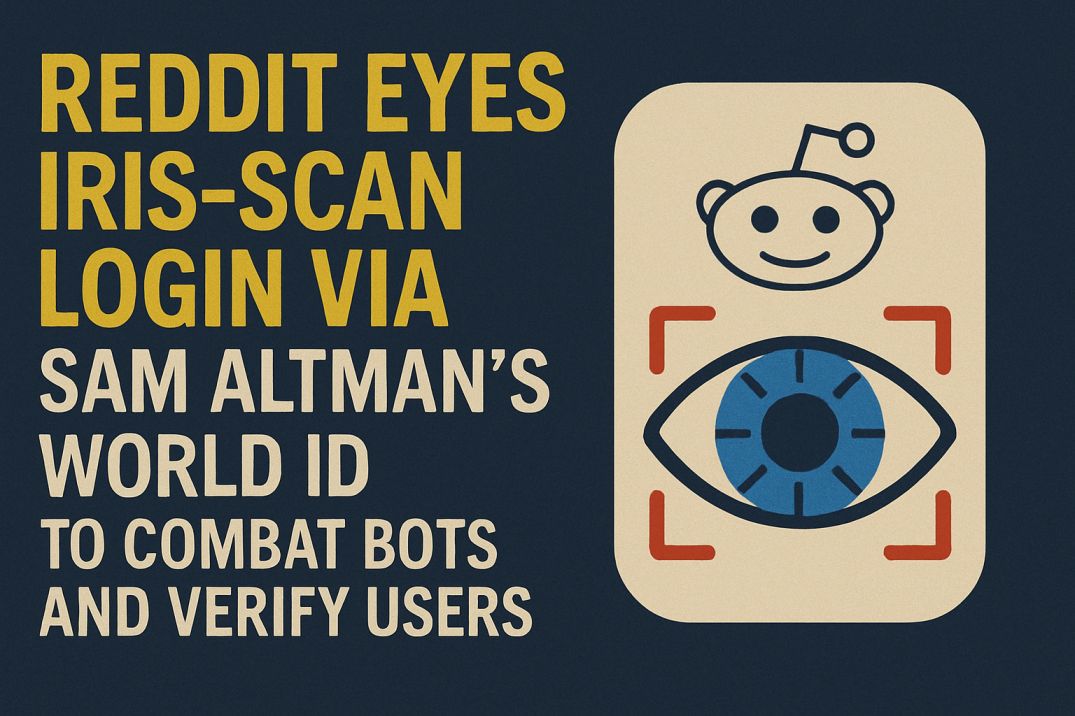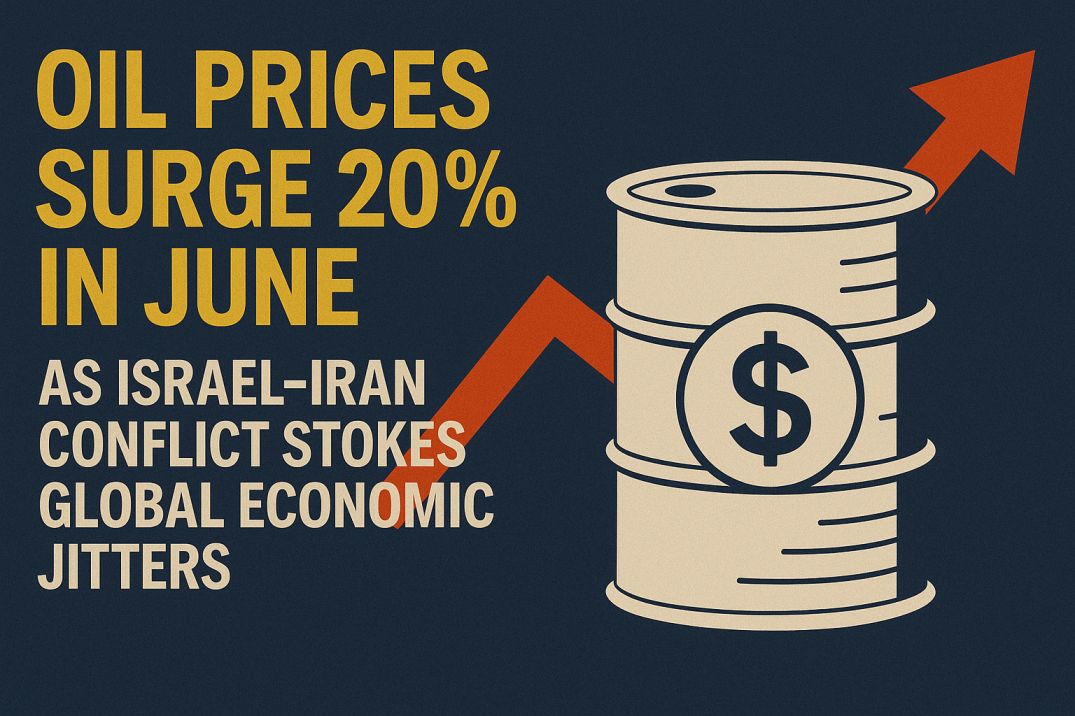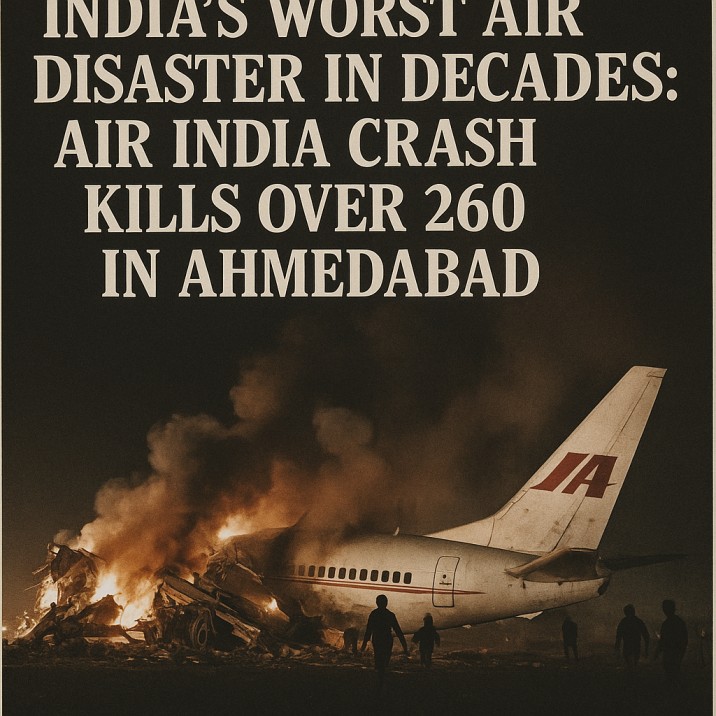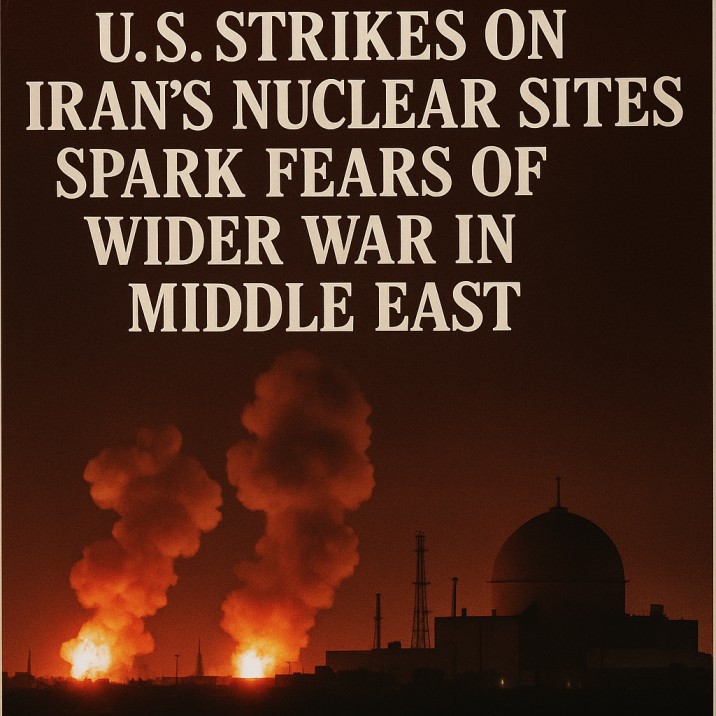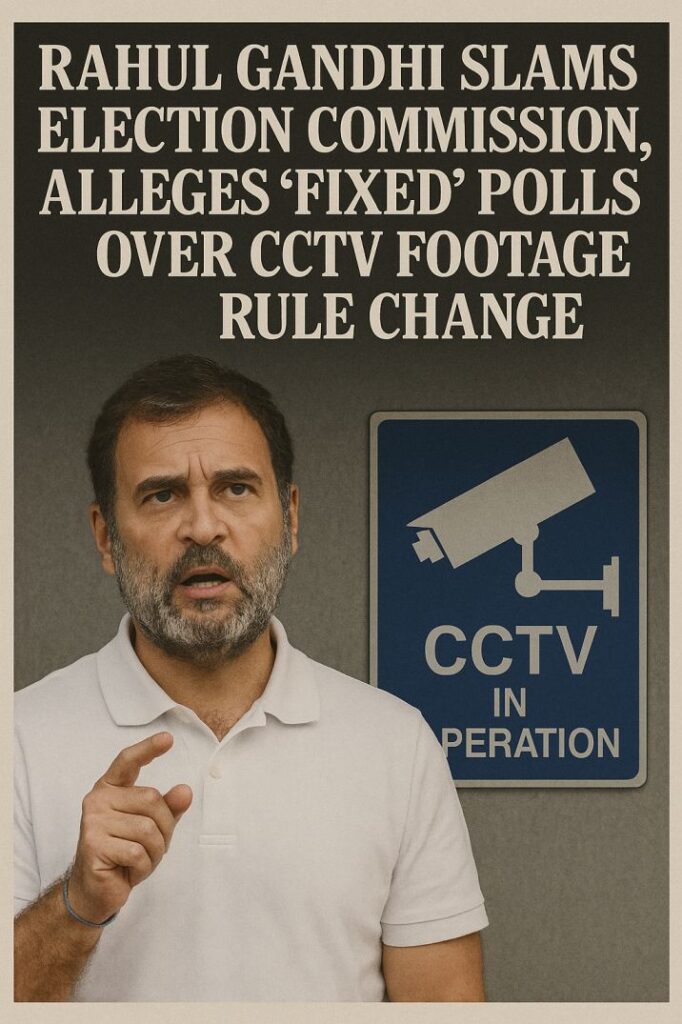
What Happened: India’s Election Commission (EC) has come under fire from opposition leader Rahul Gandhi after quietly shortening the period for which election surveillance footage is preserved. In a controversial move, the EC revised its guidelines to reduce the retention of polling station CCTV videos and photos to just 45 days after election results are declared. Previously, such footage was kept for 3 months to up to 1 year, providing a longer window for parties or voters to scrutinize the conduct of polls. The change, communicated on May 30, was ostensibly made due to “recent misuse” of these materials and to align with the 45-day limit for filing election petitions challenging results. However, Rahul Gandhi has denounced the policy shift as a blatant attempt to destroy evidence of electoral malpractice. Taking to social media (X, formerly Twitter) on June 21, he wrote: “It is clear – the match is fixed. And a fixed election is poison for democracy.”. Gandhi accused the commission of acting at the behest of the ruling party, saying, “The one from whom the answer was needed is destroying the evidence.”. His sharp remarks have escalated a showdown between the opposition and India’s election authorities at a sensitive time, with general elections still fresh in memory and new state elections on the horizon.
Background: Rahul Gandhi’s outburst did not emerge in a vacuum. The Congress party leader has been raising alarms about alleged irregularities in recent elections, particularly the Maharashtra state assembly polls held in late 2024. In a detailed Indian Express opinion piece titled “Match-fixing Maharashtra” earlier this month, Gandhi catalogued issues like missing names on voter rolls and unexplained EVM (Electronic Voting Machine) discrepancies. He argued that CCTV footage of polling stations and vote counting – along with voter lists in a usable format – are vital for transparency and to audit contested results. According to Gandhi, instead of addressing these concerns, authorities have systematically moved to limit access to evidence: first by declining to share voter lists in a machine-readable format, then by legal changes to shield CCTV recordings from public disclosure, and now by drastically cutting the storage duration of those recordings. Indeed, in December 2024, the government quietly amended election rules to block public access to CCTV footage of the voting process, citing security. To Rahul Gandhi, the new 45-day destruction rule is the final step in a pattern of “locking up the tools that strengthen democracy”. He and other opposition figures contend that these measures hinder any post-election investigations. Notably, 45 days is the legal window to file an election petition in court – but such petitions often take months or years to conclude, far beyond the point when footage would now be erased.
Election Commission’s Justification: The Election Commission has pushed back on Gandhi’s assertions, insisting the decision was made on logical grounds, not political ones. EC officials cite voter privacy and security as key reasons for limiting retention and disclosure of poll station videos. They argue that CCTV and webcast footage, if released publicly or kept indefinitely, could allow parties to identify who voted (and possibly “leaving voters vulnerable to pressure and intimidation”) which would violate the secret ballot principle. In their view, once the 45-day period for any legal challenge has passed, keeping the footage longer only creates risk of misuse or misinformation, since non-parties might obtain it and spin narratives about the voting process. The EC notes that if an official election petition is filed within 45 days, the footage will be preserved and made available to the court as needed. They stress that videography of polling is not mandated by law but is an administrative tool to deter malpractices. An EC source pointed out that in recent months there were rising demands from various groups to release polling booth videos; the commission felt acceding to such requests wholesale might compromise voters’ identities and encourage harassment or coercion. Thus, the rule change, in the EC’s view, is a safeguard. However, this explanation has not satisfied the opposition, which sees it as a smokescreen.
Political Reactions: Rahul Gandhi’s broadside is significant – he is the Leader of the Opposition in the Lok Sabha (Parliament’s lower house) and the most prominent face of the Congress party. His statement that “a fixed election is poison for democracy” underscores how high the stakes are. If the integrity of elections is in doubt, it strikes at the heart of India’s democratic system. Other opposition leaders quickly echoed Gandhi’s concerns. The chief of the Aam Aadmi Party called the EC’s move “extremely suspicious,” asking why a body meant to ensure fair elections would limit evidence retention unless it had “something to hide.” Regional parties in West Bengal and Tamil Nadu likewise demanded the EC reverse the decision, with some threatening to challenge it in court. The ruling Bharatiya Janata Party (BJP), for its part, dismissed Rahul Gandhi’s claims as “baseless conspiracy theories.” A BJP spokesperson accused Gandhi of preemptively making excuses for future election losses, saying, “He is planting the narrative of ‘fixed match’ because the voters are rejecting him.” The BJP contends that India’s elections are “fully transparent and electronic” and that the opposition is simply unhappy with the outcomes.
Larger Implications: This tussle arrives at a crucial juncture. India is less than a year removed from the 2024 general election, and in several states new assembly elections are due later in 2025. Trust in the Election Commission – an autonomous constitutional body – is paramount. In recent years, the EC has faced accusations of favoring the ruling party, though it strongly denies any bias. The controversy over CCTV footage feeds into a narrative that democratic institutions may be under strain. “The people of India have a right to be assured that no records have been or will be trashed,” Rahul Gandhi wrote in his op-ed, effectively accusing the EC of trashing records. Some civil society groups and retired election commissioners have sided with the principle that more transparency is better. They note that live webcasting from polling stations was introduced to prevent booth capturing and fraud – and it seems counterintuitive to destroy those very recordings so quickly.
The EC’s new guideline is already in effect, meaning footage from any election held after May 30 will be wiped after 45 days if no legal challenge is lodged. It remains to be seen if the Commission will reconsider in light of the backlash. Watchdogs are also curious about the reference to “recent misuse” of footage that the EC cited – no specifics were given, but it may relate to videos circulated on social media to allege voter coercion or malpractices, which officials believe were taken out of context.
For now, the clash between Rahul Gandhi and the Election Commission has further politicized the discussion around electoral reforms. It raises a fundamental question: how to balance voter privacy and security with the need for transparency and trust in elections. This debate is likely to intensify as India heads into its next round of voting, with the opposition gearing up to keep a hawk’s eye on every procedure – even as the official monitors turn off their cameras.


